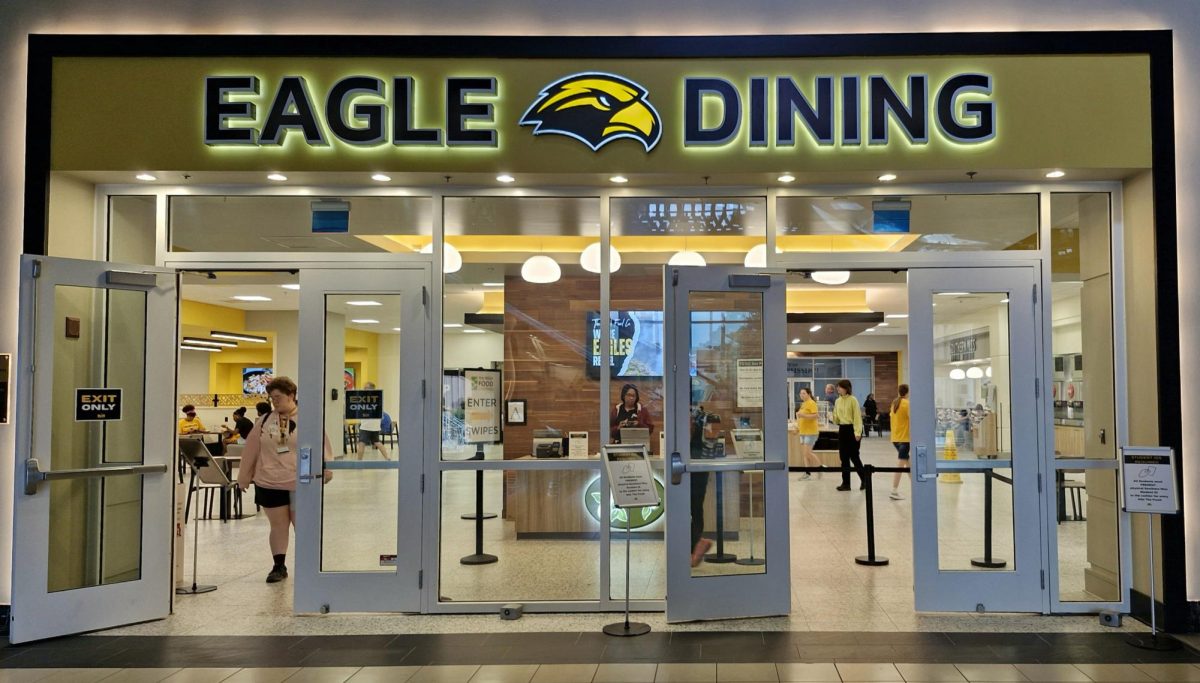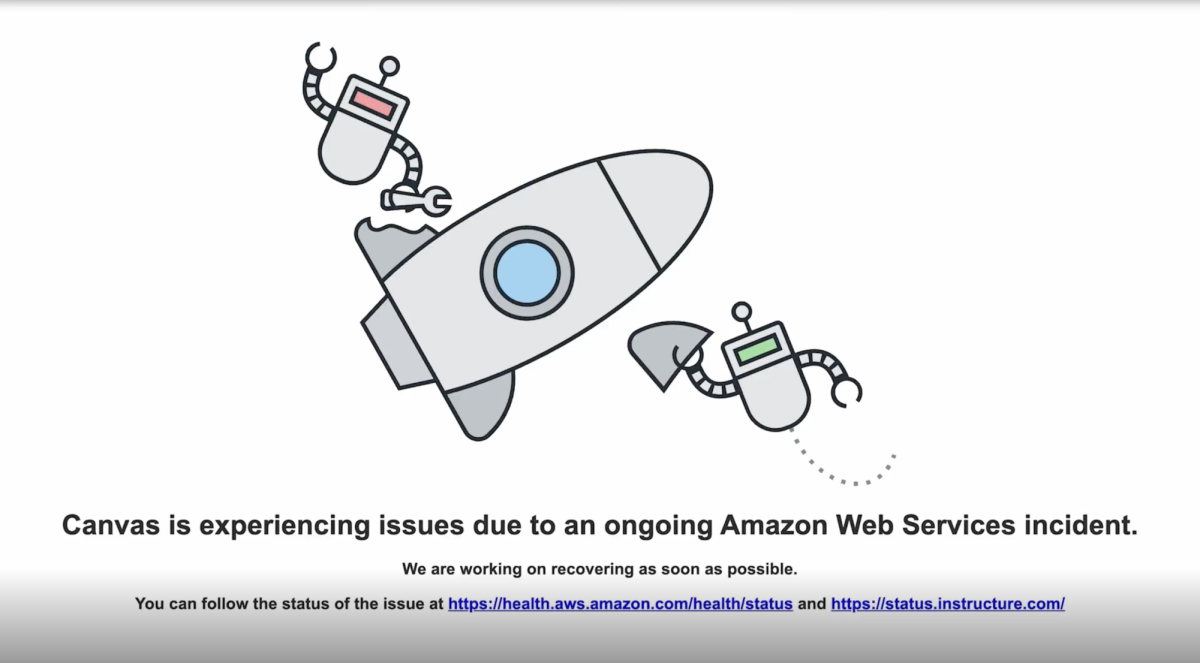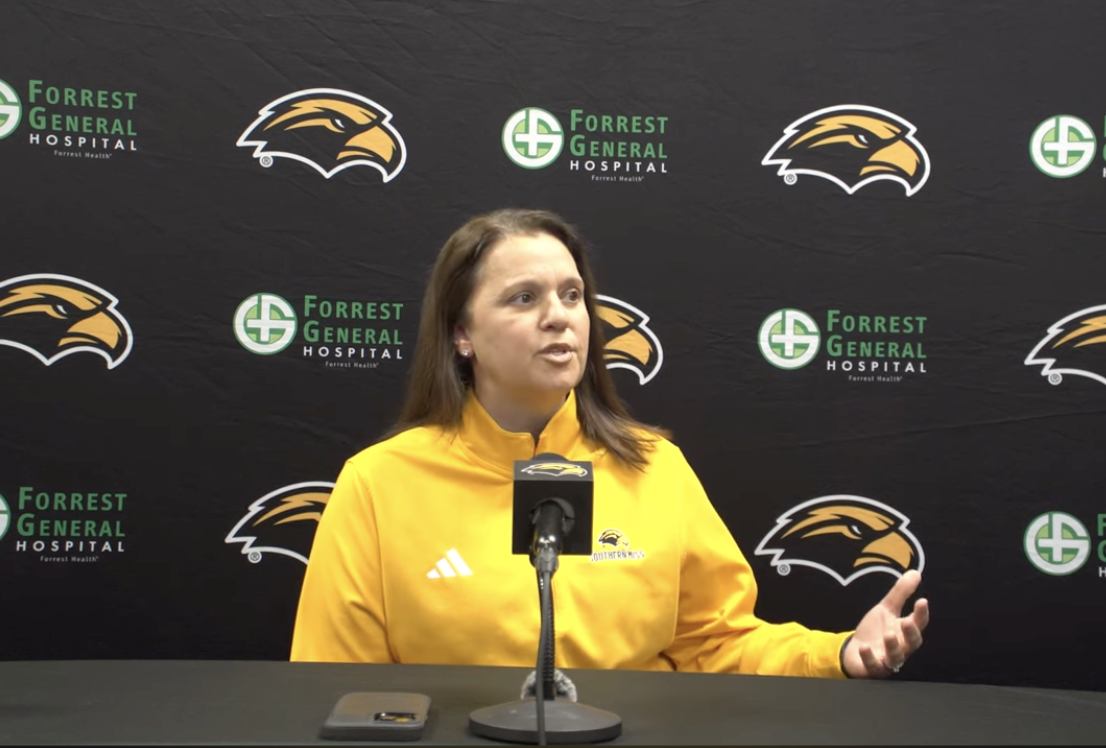“Medicaid expansion” is one of those vague terms that the news and politicians throw around frequently. But what does it actually mean, and what does a new bill from the state legislature have to do with it?
Last week, Democrats in the state House of Representatives introduced a new bill to expand medicaid coverage in the state. The House Democrats’ bill expands eligibility while having an option for private insurance for those who fall under a specific income requirement.
But what is medicaid? Medicaid is a joint federal and state program that provides healthcare coverage to Americans with low incomes. This includes children, seniors, disabled people, pregnant women, and more. It’s funded by both state and federal money, but the federal government usually pays more. States have the most control over how to run their medicaid programs, but still have to follow federal guidelines.
The Affordable Care Act, which passed in 2010, includes a provision to expand access to Medicaid for more low-income people. In 2012, the Supreme Court ruled that the federal government could not require states to expand Medicaid access. Currently, 12 states choose not to do so. Mississippi is one of them.
Under Mississippi medcaid’s current rules, non-disabled adults without children do not qualify for Medicaid. Even those with children can only qualify if they meet certain income requirements. Meanwhile, hospitals across rural Mississippi lose millions providing care to people without insurance.
Many physicians, politicians, and organizations support Medicaid expansion. A 2022 report from The Hilltop Institute estimated that expanding Medicaid would open up over 200,000 Mississippians to receive health insurance, bring in over $1 billion per year, create thousands of jobs, and lower the state’s healthcare costs. The federal government would cover most of the costs.
Dr. Kaye Bender, director of the Mississippi Public Health Association, argued that in addition to the economic benefit, medicaid expansion would make the state healthier and give coverage to people who can’t afford private insurance.
“This is for people who want access to the same thing that you and I have access to, and that is preventative care,” she stated.
Expanding Medicaid could help people like freshman Brynnleigh Muise. In addition to school, Muise works full time and has a chronic illness. She’s on her parents’ health insurance and pays $350 out of pocket. She says medicaid could help her afford her medication.
“A lot of younger people who don’t have chronic illnesses don’t know anything about healthcare and its impact,” she said. “I believe everyone should know how it works and how unfair it really is for a lot of people.”
However, Governor Tate Reeves and other Republicans in the state have long opposed Medicaid expansion. They argue that it is a welfare policy, it would be too expensive, and that the increase in Medicaid recipients might exceed the resources hospitals have to provide for them.
The bill still needs approval from both chambers of the state legislature and the governor to governor to become law.
The House passed a similar bill in late January, House Bill 539. The bill states that healthcare providers can presume that pregnant women who make up to $29,000 a year are eligible for Medicaid. These women can receive care earlier while their applications process, which takes around 45 days.


























